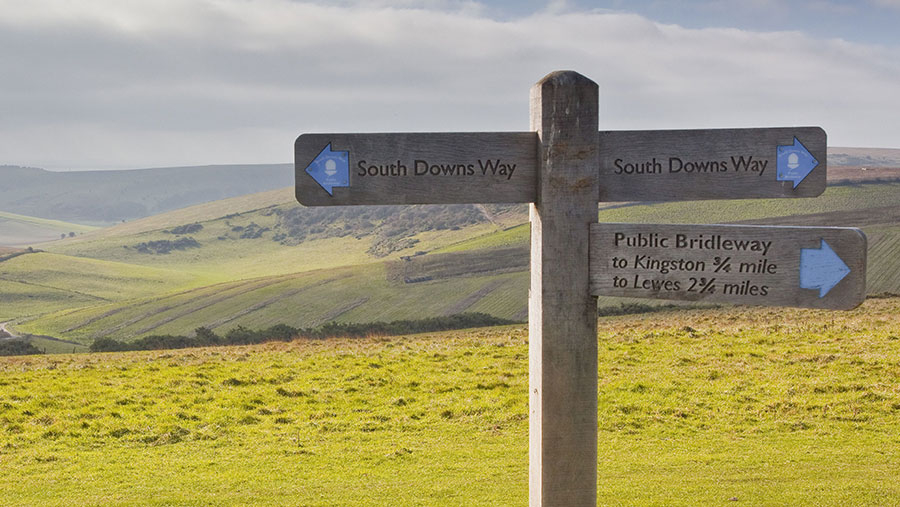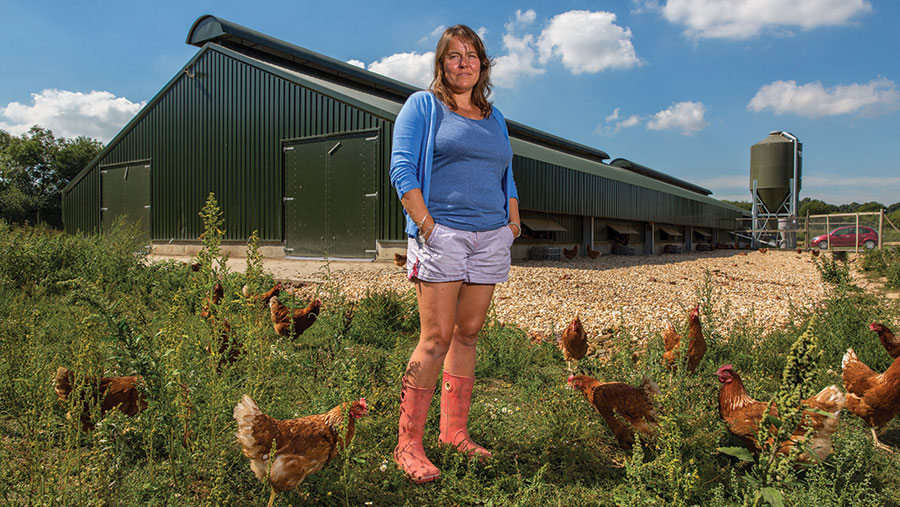National parks review must not neglect rural business, says CLA
 © Julian Elliott/robertharding/REX/Shutterstock
© Julian Elliott/robertharding/REX/Shutterstock The government is seeking to beef up and expand the network of national parks and Areas of Outstanding Natural Beauty (AONB) as part of a review launched by Defra secretary Michael Gove.
According to Mr Gove, the creation of national parks almost 70 years ago “changed the way we view our precious landscapes – helping us all access and enjoy our natural world”.
See also: Defra cash injection to fund English peat bog restoration
“Amid a growing population, changes in technology and a decline in certain habitats, the time is right for us to look afresh at these landscapes,” he said.
“We want to make sure they are not only conserved, but enhanced for the next generation.”
The review is one of the key commitments under the government’s 25-year Environment Plan, published last January.
The national parks network and review
There are 10 national parks and 34 Areas of Natural Beauty, covering about 25% of the landmass and home to more than two million people.
Defra claims they generate £20bn for the rural economy, and support 75,000 jobs.
The review will be chaired by associate editor at the London Evening Standard, Julian Glover, and will report in 2019 – the 70th anniversary of the first national park. It will not cover Wales, Scotland or Northern Ireland.
While stressing the aim is not to impose new burdens on people who live and work in the national parks, the terms of reference also make clear “weakening or undermining their existing protections or geographic scope will not be part of the review”.
“It will instead focus on how designated areas can boost wildlife, support the recovery of natural habitats and connect more people with nature,” said a statement.
Defra has also made clear it wants to explore ways of expanding the area covered by national parks and AONBs, and improving public access.
Question of balance
Commenting on the launch, the Country Land and Business Association (CLA) said it was essential the review struck the right balance between ensuring natural beauty and encouraging the right types of economic activity.
“Most businesses within designated landscapes experience significant opposition and hostility to development of any kind,” said CLA president Tim Breitmeyer.
“Success in this review will see more landowners, users, park authorities and conservation boards coming together to identify opportunities which deliver the right types of sensitive development to improve the use and enjoyment of these unique areas.”
But the Liberal Democrats have described Mr Gove as a “one-trick pony, reluctant to commit to anything more than a review or a consultation”.
Case study: Farmer’s diversification woes inside a national park

Susie Macmillan © Tim Scrivener
One farmer who has experienced issues with the national parks is Susie Macmillan, who keeps 18,000 organic layers at her farm in Ditchling, East Sussex.
Given the tight margins associated with egg production, she has been seeking to develop a camping diversification, including 20 wooden lodges in one of the fields on the very edge of the South Downs national park.
“It has been an absolute nightmare getting the required permission from the national park authority,” she said. “It has cost us £26,000, not to mention the time, uncertainty and stress it has put on us.
“We now have the planning permission, but it is subject to 30 conditions. It has been made so difficult – they just don’t want to see any change at all.
“I accept the national parks do a lot of good, for example in preventing the development of new housing estates on green spaces. But unless they become more flexible and more pro-farming – and recognise farming has to change and develop too – then more of us will be forced out of business.”
